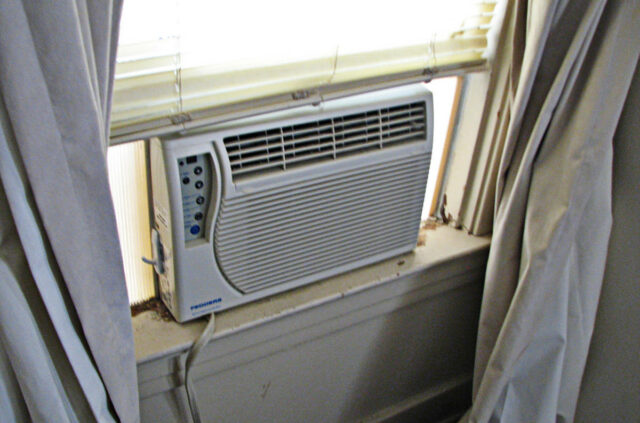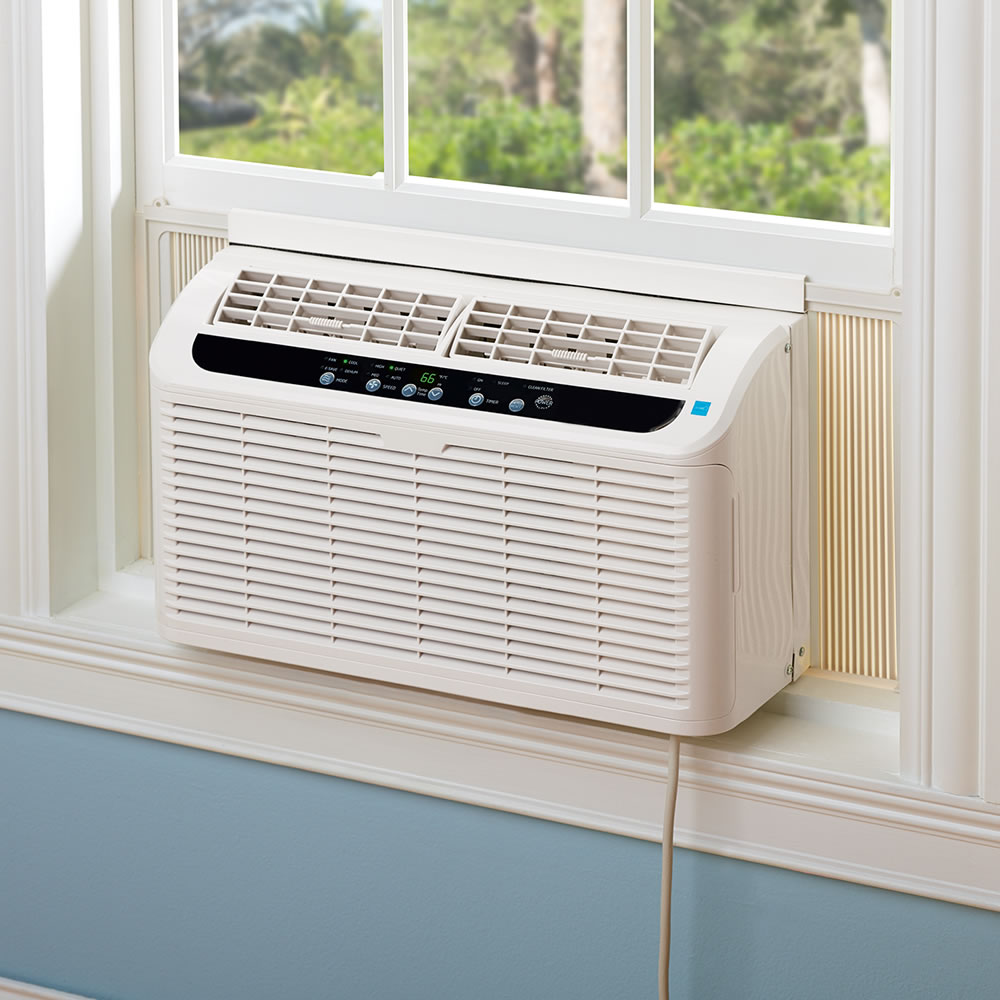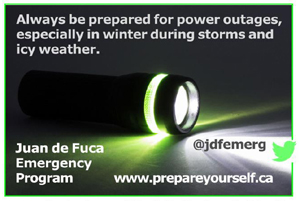Tuesday June 29, 2021 | VICTORIA, BC
by Mary P Brooke, B.Sc., Editor | Island Social Trends
It’s no surprise that summer electricity usage has been up for three days in a row due to the heat wave of this past weekend into Monday. It may be higher in future summers as more British Columbians decide to invest in air conditioning.
Only about 40 to 50 percent of BC households presently have installed air conditioning units or systems, it has been revealed in recent days. Even large facilities like arenas don’t have air conditioning, causing the closure of some COVID-19 immunization clinics in recent days.
Record-breaking usage levels:
“Intense heat has led to another day of record-breaking electricity demand on BC Hydro’s system,” says BC Hydro today in an early morning news release after three straight days of extreme heat in the region. This is summer season record-breaking, which is not as high as winter usage levels.
More households and businesses have been using air conditioners and fans during the unusual early-summer heat wave, which pushes up usage.
The heat wave that has resulted in new temperature records in many locations around BC has been caused by what weather experts call a ‘heat dome’. Hot air has been trapped over the region by high pressure, without relief from wind or precipitation. Heath authorities proactively warned about heat stress after the Environment Canada heat warning was issued ahead of the June 26-27 weekend.

Heat is considered to be a health threat when daytime highs range from 29 to 38°C combined with overnight lows of 18 to 21°C. Humidex values during this period will reach the high 30’s to possibly the low 40’s.
Three nights in a row:
Last night was the third consecutive night where the “all-time summer peak hourly demand record” – the hour during the day where customers use the most power – was broken, said BC Hydro in a news release early on this Tuesday morning.
Monday night’s preliminary analysis shows demand reached 8,516 MW (surpassing the 8,106 MW usage on Sunday night, which had surpassed the Saturday night usage of 7.972 MW). BC Hydro says these usage levels have “shattered” the (summer) record that was set before the heat wave began, by more than 600 MW.
Adding 600 MW is the equivalent of turning on 600,000 portable air conditioners, says the power utility.
Peak load has been steadily increasing over the past week – with the first electricity record for the month of June falling on June 21. Since then, all-time summer records have been broken on those three nights in a row – Saturday, Sunday and Monday (June 26 to 28).
Air conditioners and fans:
“As British Columbians have turned to air conditioners and fans to keep cool, the result has been unprecedented demand on BC Hydro’s system for the summertime,” the utility says. Electricity demand has apparently been about 30 per cent higher during this heat wave than for the average June day.
Small portable fans do draw power but don’t actually cool a room much if at all. A fan that pushes hot air out of a window may help. A ceiling fan will create a breeze within a room but not necessarily lower the room temperature, though it might help support the effectiveness of an air conditioner.
BC Hydro seems to imply that fans are a cost-effective or cheap means of cooling, with this: “Running a fan nine hours a day over the summer costs just $7.” That still requires clarification (Island Social Trends has sent a media request to BC Hydro on this) as to type and size of fan, and whether that claim of $7 is the cost for the 9-hour period or the entire summer.
Above normal through the week:
While some areas of the province will start to see temperatures decrease today, demand for electriciy is expected to remain above normal levels in the coming days.
Ways to keep cool:
BC Hydro encourages customers looking for “ways to keep cool and save money” during the heat wave to consider the following (including the line about fans):
- Closing the drapes and blinds: Shading windows can block out up to 65 per cent of the heat.
- Shutting doors and windows: If the temperature outside is warmer than inside, keep doors and windows closed to keep the cooler air in and the warm air out.
- Using a fan: Running a fan nine hours a day over the summer costs just $7.
- Being a star: Purchase an ENERGY STAR air conditioner as they use about 30 to 40 per cent less power than standard units.
- Opting for smaller appliances: Use a microwave, crockpot or toaster oven to avoid the extra heat produced by larger appliances when preparing meals.
- Install a heat pump to help efficiently cool in the summer and heat in the winter. BC Hydro offers rebates up to $2,000 for installing a heat pump.
Power outages:
Over the past few days, BC Hydro has also seen some localized outages on their system. On South Vancouver Island this past weekend there was a smattering of small outages (fewer than five customers in some cases) throughout the region. Presently there is only one such small outage on South Vancouver Island, while on North Vancouver Island this morning (at 7 am) there are 11 outages affecting 7,267 BC Hydro customers. [ BC Hydro outage list updates ]
“BC Hydro appreciates that any outage can be concerning, but even more so in this extreme heat.” Crews are on standby to be part of prompt power restoration, but the intense heat is adding to what is already an inherently dangerous job for crews. Additional safety protocols include shifting work away from the hottest hours of the day and having crews work in short intervals; in such cases power restoration is taking longer than usual.
BC Hydro says the majority of planned outages (for maintenance work) have been postponed. They say they are suspending disconnections for non-payment until the end of the heat wave; the utility has a customer crisis fund to help people avoid disconnection.







